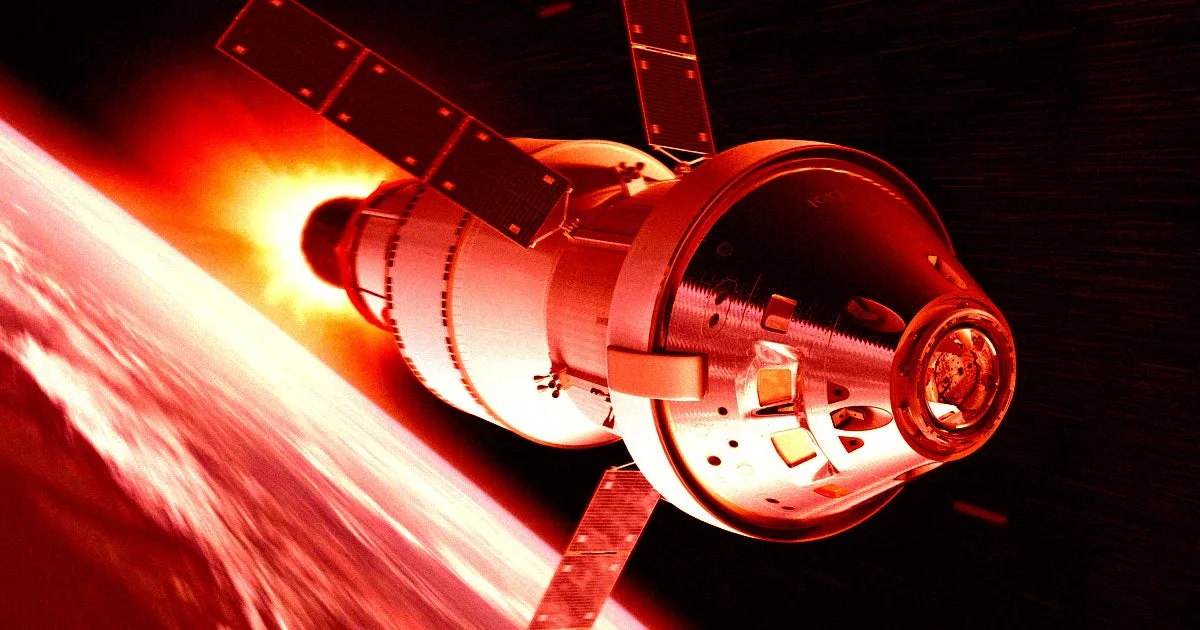
As the race to the Moon intensifies, lawmakers in the United States are increasingly worried that China may outpace the U.S. in its lunar ambitions. Acting NASA Administrator Sean Duffy has made headlines for his controversial remarks during a recent town hall meeting, where he suggested that safety should not hinder progress in space exploration. This statement has raised eyebrows among experts and lawmakers alike, as it appears to undermine the safety-first ethos that NASA has long championed.
In a puzzling dual role as both the acting head of NASA and the Secretary of Transportation, Duffy stated that the agency must be willing to take risks to drive innovation. "Sometimes we can let safety be the enemy of making progress," he remarked, emphasizing the need for bold leaps in space exploration. His comments have sparked a debate about balancing safety with the urgency of advancing NASA's upcoming crewed Artemis missions to the Moon.
The urgency of Duffy's comments is underscored by China's recent milestones in its lunar program. With significant achievements including the successful testing of the Lanyue lunar lander and the Long March 10 Moon rocket, the Chinese space program is making swift progress toward landing its first astronauts on the Moon. Former NASA Administrator Jim Bridenstine has voiced concerns, stating during a Senate Commerce Committee hearing that, without changes in the current trajectory, the U.S. is unlikely to meet or beat China's timeline for lunar exploration.
Compounding these challenges, NASA's operations have faced significant disruption, particularly following the transition in presidential leadership. With the Biden administration yet to appoint a permanent NASA leader, the agency is in a precarious position. The proposed budget for 2026 could inflict severe cuts to NASA's science directorate, potentially halving its budget. This situation has led to a wave of resignations and a deferred resignation program, which has seen thousands of senior staff leave the agency.
Experts warn that these budget cuts could allow other global powers, especially China, to seize a crucial advantage in space exploration. Duffy's comments suggest that despite these obstacles, NASA remains committed to prioritizing lunar exploration, even at the potential expense of Earth sciences and climate change initiatives. The political landscape surrounding the Artemis program has turned contentious, with ongoing debates over the costly and delayed Space Launch System and Orion vehicles.
During the recent town hall, Duffy passionately defended NASA against critics who have questioned the agency's direction. "I’ll be damned if that is the story that we write," he declared, affirming a commitment to beating China to the Moon. He reiterated that NASA aims to accomplish this mission safely, quickly, and effectively, reflecting a determination to reclaim the U.S. position in lunar exploration.
The unfolding scenario highlights a critical moment for U.S. space policy, as tensions rise over the prospect of China potentially taking the lead in lunar exploration. As NASA navigates its internal challenges and budget constraints, the implications of this race extend beyond mere prestige—they could redefine the landscape of international space exploration for years to come.